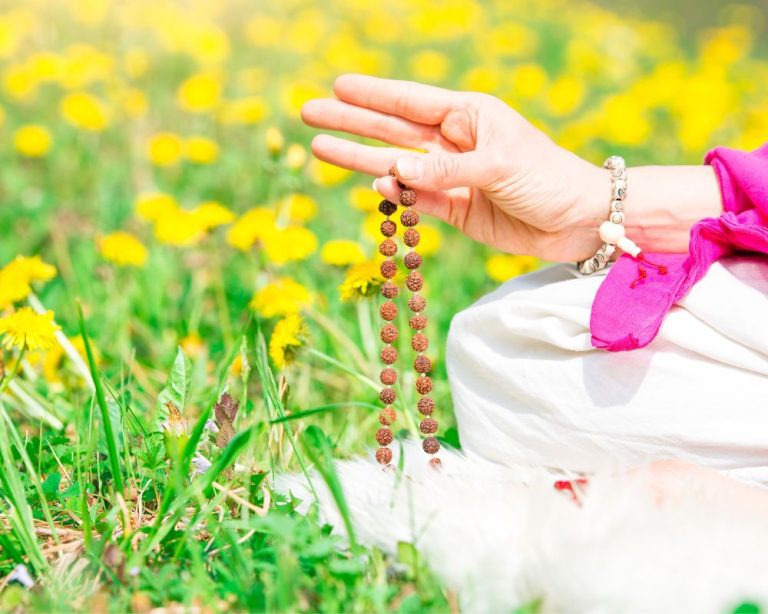Earlier this year, we put together a guide discussing the top five meditation retreats for 2023. Choosing the retreats for that post was a tough task. Why? Because there are so many great options these days. There are dozens of retreats held across the United States every year. Throw in international retreats and there are almost too many to choose from. How do you decide where to go?
Many of our clients start their search for a new healing retreat based on the types of healing practices they prefer. But after that, choices tend to be based on location. The truth is that where a retreat is held can be just as important to participant wellbeing as the healing practices guests will experience. Therefore, choosing a location should not be taken lightly.
We have some tips that might interest you:
1. The Most Conducive Environment
One of the first things we recommend clients do is step back and assess the different environments they are exposed to on a regular basis. How they react in each of those environments offers clues as to the most conducive environment for a healing retreat.
Do you enjoy peace, tranquility, and plenty of alone time? If so, choose a location that is more conducive to that sort of thing. Likewise if you are into rustic environments, vibrant seaside settings, or even state-of-the-art facilities with modern amenities.
2. Your Goals for the Retreat
Along with considering the most conducive environment is giving serious thought to your goals for the retreat. If you believe you need some time for meditation and mindfulness, don’t select a location that could potentially distract you from that goal. Choose a location that will enhance your healing abilities.
3. Your Comfort While on the Retreat
Whether you are planning a healing retreat, a spiritual retreat for couples, etc., it is important that you be comfortable during your stay. Otherwise, you might find it difficult to fully immerse yourself in healing practices. Remember that when you are uncomfortable, it is hard to not focus on the discomfort.
We advise choosing a location you believe you can be comfortable in. The more comfortable the setting, the easier it should be for you to relax and experience the healing you desire.
4. Any Accessibility Needs
This next tip is one that retreat facilities are finally beginning to understand in terms of importance: accessibility needs. If accessibility is a challenge for you due to some sort of disability, you know how frustrating it can be to visit a new place only to discover that it is largely closed off to you.
Any potential accessibility needs should be looked at before you sign up for a healing retreat. The good news is that more and more retreats are being designed with accessibility in mind. It is getting easier to find accessible retreats as time passes.
5. Your Budget Matters
Finally, it is difficult to talk about finances and healing retreats at the same time. After all, we like to think of spiritual healing as being separate from money issues. But the fact remains that you should be able to afford whatever healing retreat you decide to go on. Spending more than you can afford could potentially add to financial stress that defeats the purpose for going on the retreat to begin with.
Healing retreats are more popular than they have ever been. That is good in the sense that there is no shortage of quality retreats to choose from. We hope these tips will help you as you try to determine the best location for your next one.





